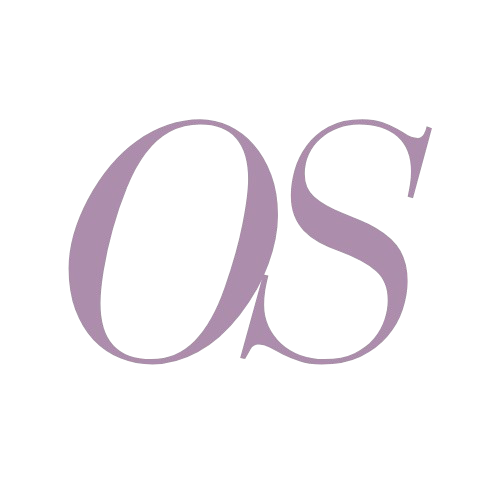Queering Your Counselling
Let’s be honest: our world is still pretty heteronormative. Being queer is still dangerous in many places, and the gender binary is going strong.
Being a counselling that’s “queer-affirming” is so crucial today. It’s not just about hanging a rainbow flag or adding pronouns to your intake form (although that’s still great!). It’s about really stepping into client’s world and taking their experiences as the norm.
To be queer-affirming is to welcome growth, in our own learning and our clients’ journeys. It’s also about action! We want to be more than an ally.
Change isn’t made in neutrality after all.
Here are just a few ways to start queering your practice:
Use inclusive language everywhere (e.g., forms, emails, convos, signage).
Ask about pronouns, names, respect ongoing shifts.
Learn about poly relationship structures — hierarchical, non-hierarchical, parallel, open, etc.
Learn about kink, sex work, and current practices/ongoing news.
Learn about compersion and how it can show up in queer relationships.
Make your space visibly queer-affirming (e.g., period products in all bathrooms not just some).
Know that not every queer person wants to talk about being queer, whereas for others that’s their main focus. Ask, don’t assume.
Question the power dynamics in therapy with your own identity and invite collaboration.
Reflect on your own biases and beliefs. For example, are you bothered by something a straight man says about a woman, but not when it’s a gay man? Why?
Some questions to reflect on:
What does queer mean for you? When you think of “someone queer” what’s the first thing that pops into your head? Why?
Can you name 5 queer people off the top of your head? In your own life?
When do you ask clients about their gender and sexuality?
Who gets to feel safe here? Does your level of safety match theirs?
Which stories are welcome in this room?
What narratives and systems are we disrupting? What are we reinforcing?
When you think of family, relationship, parenting, what are your immediate images or beliefs in your mind?
Think of a client. Imagine something about their gender or sexual identity changed right now. Do you notice any reactions? Would this change how you work with them?
Queering your practice is an ongoing, relational act, Let’s all work on staying open, accountable, and committed to making our space welcoming for all our clients!
